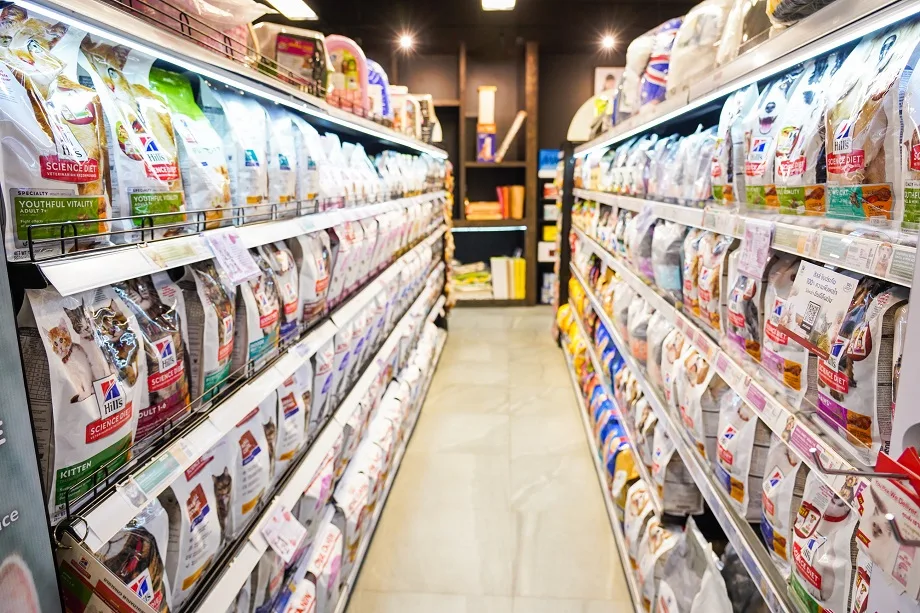Crypto E-Commerce Thailand: Why Local Shops Are Finally Saying Yes to Digital Coins
Crypto E-Commerce Thailand: A Quiet Revolution Online
It’s 2025, and crypto e-commerce in Thailand is no longer just hype—it’s slowly becoming part of the everyday online shopping experience. While the big brands still play it safe, dozens of mid-sized Thai online shops are quietly adding crypto payment options, and let’s be honest… it’s about time.
According to a report by efinancethai (2025), more than 30% of surveyed small e-retailers said they were “seriously considering” or had already integrated crypto payment gateways like Bitkub Pay or Binance Pay. That’s not nothing. It marks a subtle but meaningful shift in how Thai sellers think about digital transactions.
But what’s driving this? And why now?
Crypto Acceptance Is Growing, But It’s Still Kinda Quiet
If you’re waiting for a press release from JD Central or Lazada Thailand, don’t hold your breath. What’s happening instead is a more grassroots movement—smaller fashion brands, niche gadget stores, even a few pet supply shops—testing crypto payments behind the scenes.

Credit from : JD Corporate Blog
Some of them don’t even advertise it up front—you’ll only see the BTC or USDT checkout option once you’re deep into the cart page. Why? Maybe it’s to avoid scaring off customers who still aren’t sure about “those digital coins.” Or maybe, they’re simply testing the waters, waiting for the mainstream mindset to catch up.
This low-profile approach is what The Standard calls a “lifestyle shift driven more by function than fandom” in their 2025 crypto lifestyle piece. In other words, people aren’t buying dog food with crypto to make a statement—they’re doing it because, well, it just works.
Why Thai Shops Are (Finally) Onboard With Crypto
Let’s break it down—because the reasons aren’t just about trendiness.
1. Lower Transaction Costs
Traditional payment gateways in Thailand often charge hefty processing fees. Crypto transactions—depending on the chain—can be much cheaper.
2. Access to Global Buyers
Some Thai e-commerce brands ship worldwide. Accepting crypto makes life easier for international buyers who don’t want to deal with cross-border bank transfers.
3. Faster Settlements
A properly configured crypto gateway can mean same-day settlement. That’s a huge cash flow advantage, especially for smaller businesses.
4. Marketing Buzz (Even if It’s Quiet)
Just offering crypto—even quietly—can attract tech-savvy customers. As my-best Thailand noted in its 2025 guide to tech-savvy shopping tools, features like crypto checkout are increasingly viewed as trust-building signals for Gen Z and Gen Alpha.
Is It Safe? Well, It Depends…
Let’s not sugarcoat it. Using crypto online in Thailand isn’t always smooth sailing.
There are risks—price volatility, scams, tech issues with wallets. Most Thai merchants who offer crypto payments are using custodial services like Bitkub Now or Binance Pay to handle the technical bits. That’s safer, but not foolproof.

Credit from : IQ.wiki
There’s also the matter of regulation. The Thai SEC has been actively updating its stance, and as of early 2025, businesses must register crypto acceptance channels separately, following guidelines that efinancethai reports are still in beta testing.
So yes, there’s progress—but there’s also paperwork.
Crypto E-Commerce Thailand: Where It’s Happening
Want real examples? Here are a few types of Thai shops that have already made the leap:
- Boutique fashion brands like Pomelo Lab and IG-native sellers in Chiang Mai and Bangkok.
- Tech gadgets and accessories, especially niche items like mechanical keyboards or crypto hardware wallets.
- Wellness and supplement stores, especially those catering to expats or health-conscious urbanites.
- Pet product shops—yep, turns out people are buying cat food with USDT.
Many of these businesses promote crypto payments only to their most loyal or digital-native customers, often through Line groups or Telegram channels.

Credit from : IconSiam
How Customers Feel About It
So, are Thai customers actually using crypto to shop online? Some are, especially in tech and digital circles. But the mainstream? Still catching up.
One Bangkok-based UX designer told The Standard that paying in crypto “feels like a power user feature—not something for your average auntie.” Still, they use it whenever they can. “It’s fun, it’s fast, and it feels like the future—just maybe not this week’s future.”
That kind of sentiment pretty much sums up where we’re at in 2025.
How to Accept Crypto as a Thai Online Shop Owner
If you’re a seller thinking of jumping in, here’s a quick-start list:
- Pick a gateway: Bitkub Pay, Binance Pay, or even a manual wallet like Metamask (if you’re brave).
- Check with your accountant: Thai tax rules on crypto income are still shifting. Keep records.
- Make it optional: Start with limited product categories or private customer links.
- Test it live: Do a few mock purchases with a friend using a small amount—get the bugs out.

Credit from : NFT Now
And of course—stay up to date on Thai SEC announcements, because rules do change (sometimes without warning).
What Could Change Everything?
Here’s where we go a little speculative…
If a major Thai e-commerce platform like Shopee or Lazada were to officially support crypto checkout—even in a pilot program—that might just blow the doors open. Until then, the underground shift continues, one Thai merchant at a time.
Also, don’t underestimate the role of stablecoins. BTC and ETH may grab headlines, but in Thai crypto e-commerce, USDT and USDC are doing the quiet heavy lifting. They’re stable, familiar, and easier to account for.

Credit from : Marketing Magazine
Crypto E-Commerce Thailand Isn’t the Future—It’s Already Here
Maybe you haven’t noticed yet, but crypto e-commerce in Thailand is happening—quietly, steadily, and a little under the radar. Whether you’re a curious customer or a small shop owner, it’s worth paying attention to.
Let’s be real: crypto’s not going to replace cash or PromptPay anytime soon. But it is carving out its own little niche—faster payments, lower fees, wider reach.
And in 2025? That’s enough to make a difference.




